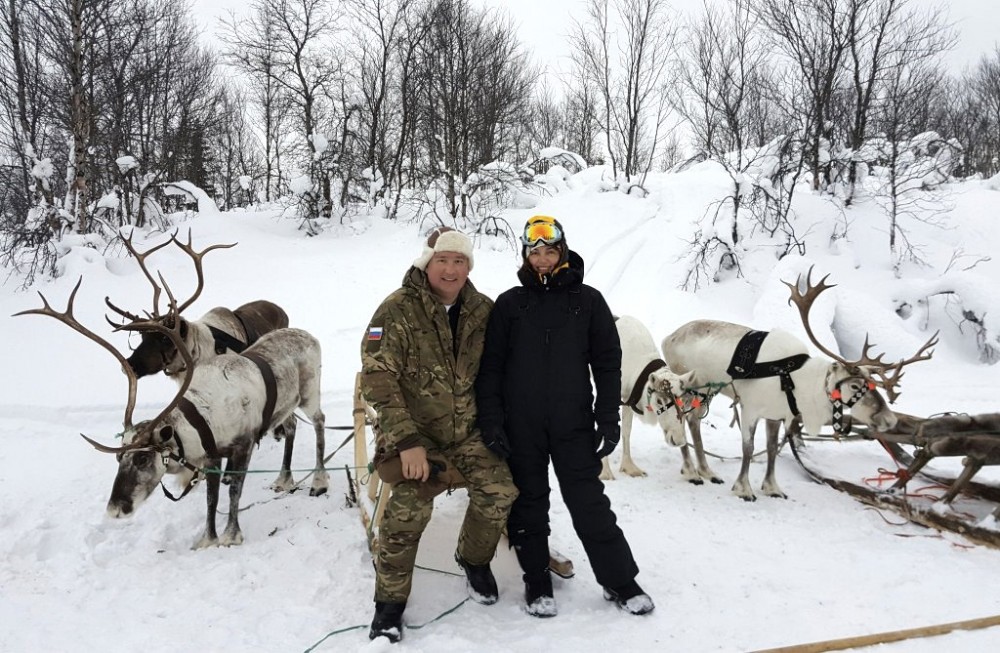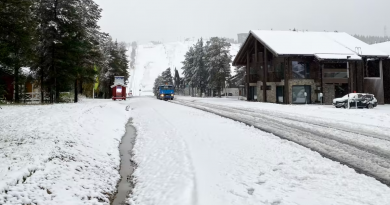Significant potential and urgent need for renewable energy in the Arctic: Rogozin

Russia’s Deputy Prime Minister Dmitry Rogozin wants to develop renewable energy sources to supply remote settlements in the Arctic with clean energy.
“The Arctic zone has a significant potential and urgent need for the use of renewable energy sources,” Rogozin, who is Head of the State Commission on the Development of the Arctic, said at a recent meeting of the commission in Novosibirsk.
He wants to cooperate with the Arctic regions and stakeholders in selecting promising sites for development of renewable energy and introduction of innovative technologies in this field, Rogozin said.
Independent power supply and huge savings
Rogozin particularly mentioned how important independent power supply facilities are for installations for navigation and communication in the Arctic. In addition, a significant number of energy consumers live and work outside towns or settlements – reindeer herders, geologists, fishermen, hunters, military personnel and others.
“The presence of these consumers makes it very urgent to develop lightweight and compact energy storage,” the deputy prime minister said.
Russia spends large amounts of money on transportation of fuel to remote settlements every year. About 6-8 million tons of fuel and other petroleum products and 20-25 million tons of coal is shipped to areas in the Far North, Siberia and Far East, through the so-called “Northern delivery” program each summer, according to the State Commission on the Development of the Arctic’s website.
A way to reduce the cost of delivery of fuel to remote areas and at the same time improve their energy security, is to use local energy sources like wind power, solar power and hydro power, Rogozin said.
Good for the environment
He also emphasised the importance of renewable energy sources when it comes to the environment in the Arctic. Today, the main energy sources used in the Russian parts of the Arctic are fuel oil, coal and wood, which in turn have a negative effect on the environment.
The main institutional barriers to development of renewable energy have been eliminated, Rogozin said. On the federal level, the necessary legal and regulatory framework for promotion of renewable energy, including direct and indirect economic incentives, has been created.
Clean and renewable energy options for people living in the Arctic is also one of the focal points for the U.S. chairmanship of the Arctic Council, principal deputy assistant secretary of the the US Department of State’s Bureau of Energy Resources Mary Warlick said in an interview with the Barents Observer.
Related stories from around the North:
Canada: Energy challenges in Canada’s North, Eye on the Arctic
Finland: Helsinki City Council to close coal plant, Yle News
Norway: Japan wants wind power from Arctic Norway, Barents Observer
Russia: No alternative to Arctic oil says Russia environment minister, Barents Observer
Sweden: Will Sweden be able to produce enough energy in the future?, Radio Sweden
United States: New Alaska rules may help renewable energy projects, Alaska Public Radio Network



